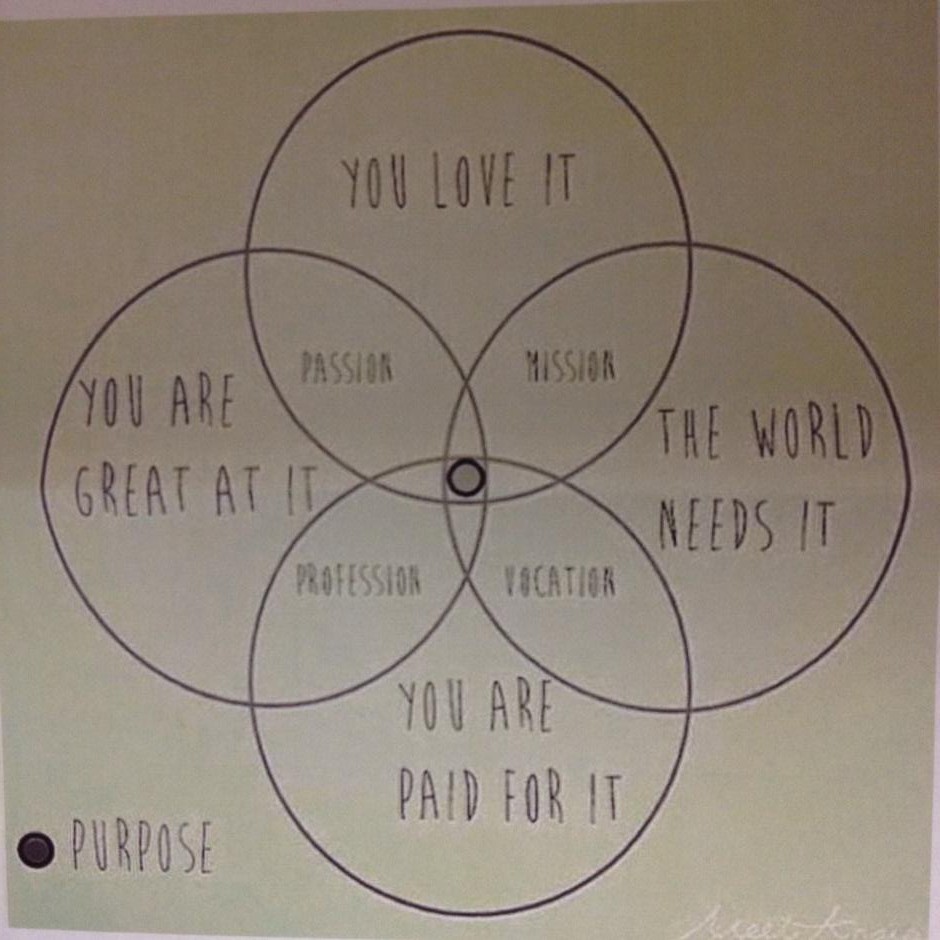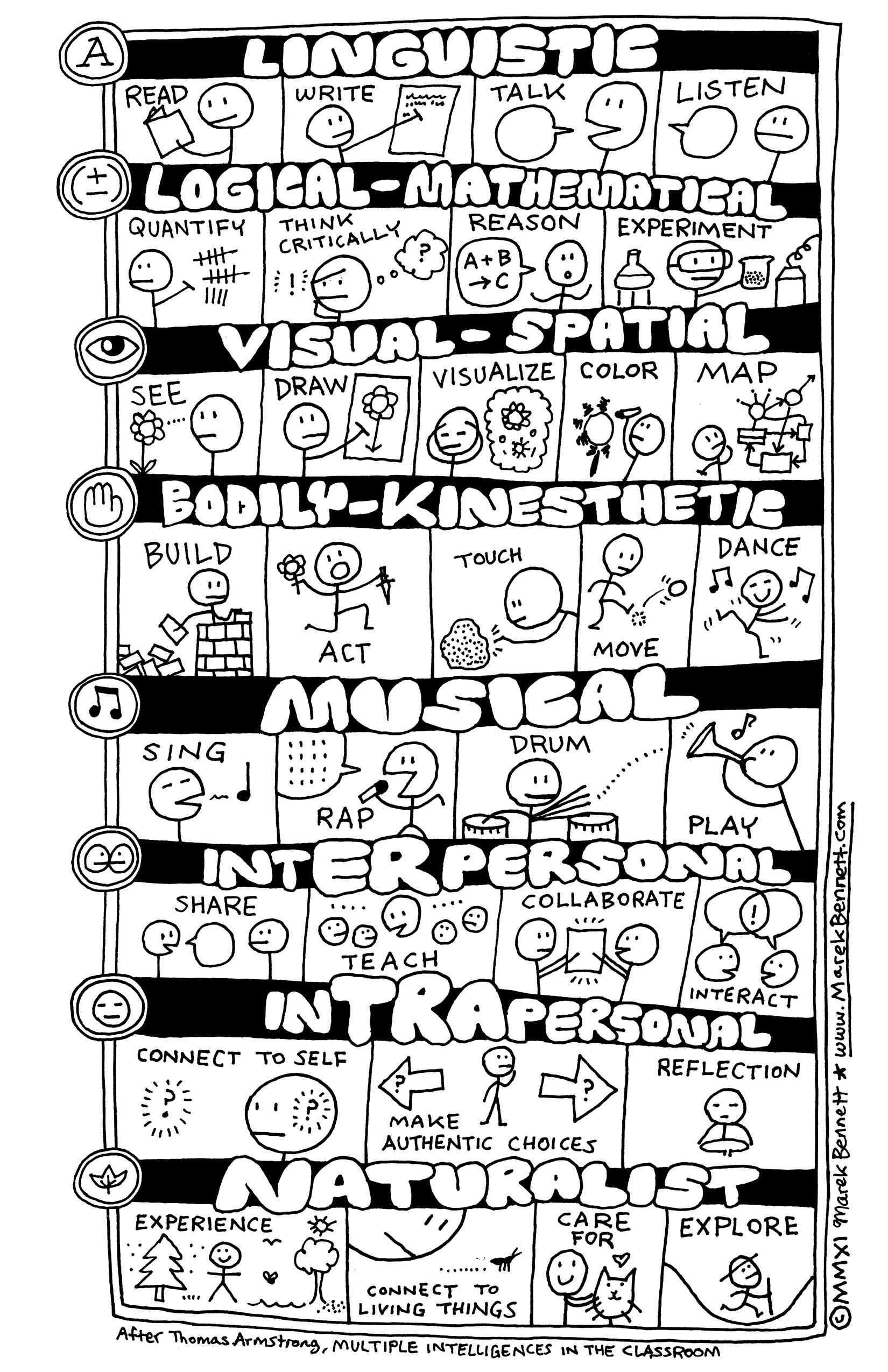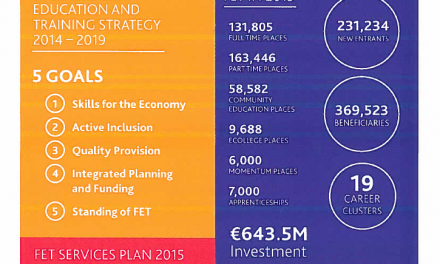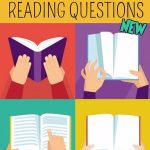We read for different reasons. I read for pleasure, I always have at least one book ‘on the go’ – it helps me enter into another time and space, to learn about different lives and cultures, different times in history, experience language and learn new words. I read for information, for news, for work. I read.
The sheer enjoyment of reading a good story, of having the opportunity to share it or discuss it or simply privately enjoy the experience myself is actually a privilege.
The ‘simple’ act of reading, that so many of us take for granted, actually involves a number of skills. Dublin Adult Learning Centre identified these skills a number of years ago in their publication ’Starting Out: A Handbook for Volunteer Literacy Tutors’ as:
- Being able to recognise and distinguish the sounds in words
- Having the ability to match the sounds with letters
- Recognising the words by their shape
- Understanding word order
- Predicting words from contextual clues
- Expectation of letter order
All of these ‘decoding’ skills are important but equally important are the development of comprehension skills to make sense of it all. Being a critical reader is an important skill and we often need to remind ourselves that ‘a beginner reader is not a beginner thinker’. Students have opinions and experiences that when shared in class can make the experience of reading richer for all. There are of course different reading styles including skimming, scanning, proof reading, reading for information, critical reading that when you are a competent and confident reader you can take for granted.
There are many methodologies that you can use to help your student develop their skills and confidence reading. The language experience model is one that we advocate strongly in adult literacy. It is built on the student’s own language and vocabulary. It allows a partnership be built between tutor and student to develop reading materials. The text is then familiar to the student and helps them value their own words. Students are often amazed how they can create a piece of text and are often very proud of this achievement. The text, that they own, helps them develop familiarity with words that they can build on for writing activities.
You all use a variety of strategies to help build learners’ confidence with reading. You take into account student learning styles, you prepare resources appropriate to the style and level, you encourage discussion, use questioning, use phonics, use critical reading skills. More and more you are using technology such as tablets and the interactive whiteboards to help develop reading skills. The Reading Challenge, which started with Elaine Clifford and Mary Concannon in the Killarney Centre is a great example of a way that reading skills, confidence and pride can be built. It is great to see this happening in other centres across the ETB.
It is worth reading the NALA publication ‘Read all about it again: action learning project with adult literacy tutors’, where the excellent work of Jane Savage and Elaine Clifford is documented.
For more information and ideas visit our ‘Read, Write and Spell’ section on the www.kerryabetutors.ie’ website.






